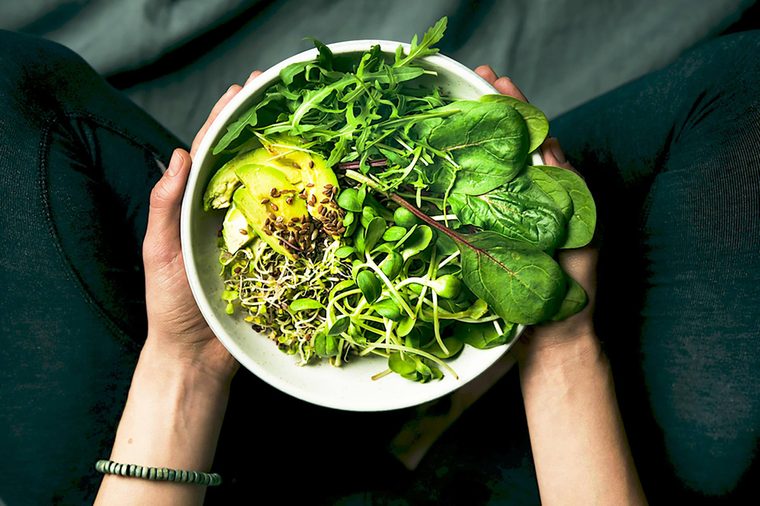
Vegan
The simplest way to get vitamin D is sunlight on your skin—that stimulates the body to produce its own D. But in winter or more northern latitudes (or if you’re rarely outdoors), you’ll need to get more from your diet. Unfortunately for vegans, dairy products, fish, and eggs are among the richest food sources. Most adults need about 600 IU of vitamin D per day, according to the National Institutes of Health.
A cup of vitamin D-fortified plant-based milk (such as almond milk or coconut milk) or fortified orange juice will provide about 90 IU of vitamin D. So unless vegans drink six or more cups daily, they’ll probably need to supplement. However, check with your doctor first, and be sure to read this before you start taking vitamin D supplements.
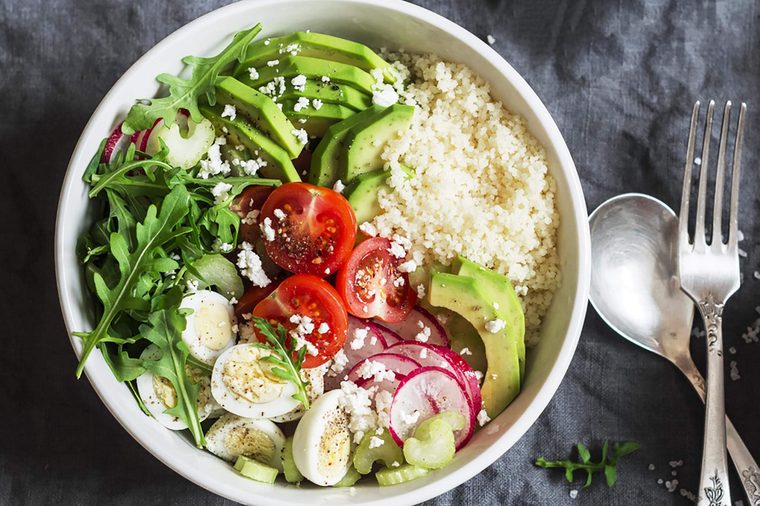
Ovo-vegetarian
Much like a vegan diet, an ovo-vegetarian approach to eating excludes your main dietary sources of vitamin D. Ovo-vegetarians eat plant-based foods like vegetables, fruits, grains, nuts, seeds, and beans, and also incorporate eggs, but not dairy.
Ovo-vegetarians may be able to meet their vitamin D needs by drinking fortified juices and plant-based milk and eating eggs and wild mushrooms. Mushrooms are the only plant-based sources of vitamin D because they can create vitamin D from sunlight—but only sunlight-exposed wild mushrooms provide significant amounts. Two large eggs provide about 90 IU vitamin D, while a cup of chanterelle mushrooms has about 115 IU.
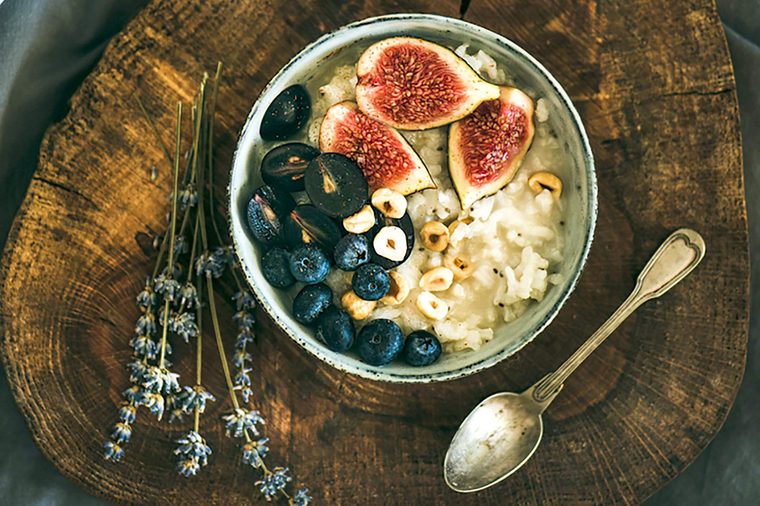
Alkaline diet
The goal for people on this plan is to reduce the body’s acidity by eating alkaline foods to reduce your body’s overall acidity. The list of foods includes most vegetables, some fruit, beans, almonds, and grains, such as buckwheat and spelt. The idea that lowering your body’s acidity will improve your health is questionable, and the diet can definitely leave you deficient in important nutrients—like vitamin D.
Fish, eggs, and dairy products are on the list of acidic foods, yet these foods are your best dietary sources of vitamin D. Given the fact that an expanding body of evidence suggests that vitamin D deficiency is linked to chronic diseases like cardiovascular disease and cancer, limiting these foods too strictly is definitely worth reconsidering.
Here’s how to know whether you should you get your vitamin D levels checked.
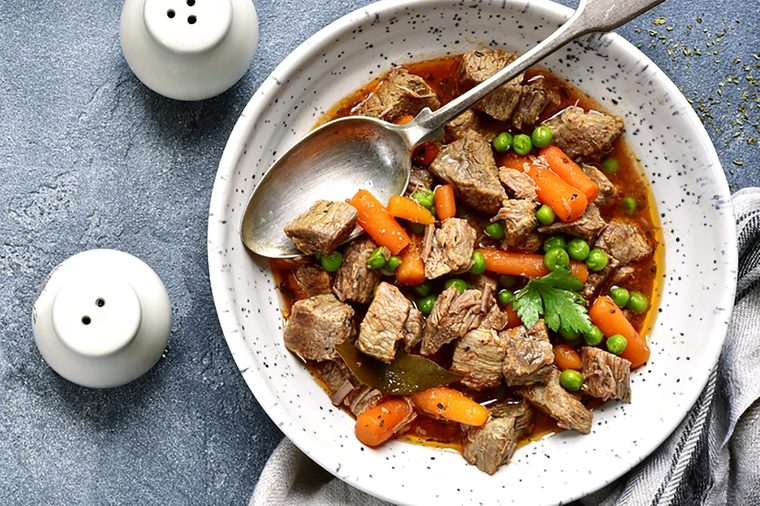
Paleo
Ready to mimic the dietary habits of our Paleolithic ancestors by sticking to vegetables, fruit, nuts, seeds, meat, fish, and eggs—but no dairy or grains? It’s not the soundest or most logical prescription, and you’ll be missing out on vitamin D-fortified milk and yogurt.
Watch for symptoms of vitamin D deficiency, which can include fatigue, depression, infertility, chronic pain, and frequent respiratory infections. If you really want to go Paleo, bump up your consumption of fortified milk alternatives, such as almond milk, and regularly eat oily fish, such as salmon, tuna, mackerel, trout, sardines, and Arctic char. While eggs have less vitamin D than fortified milk and oily fish, they can help you squeeze a bit more vitamin D into your day.
Check out the signs that you’re not getting enough vitamin D.
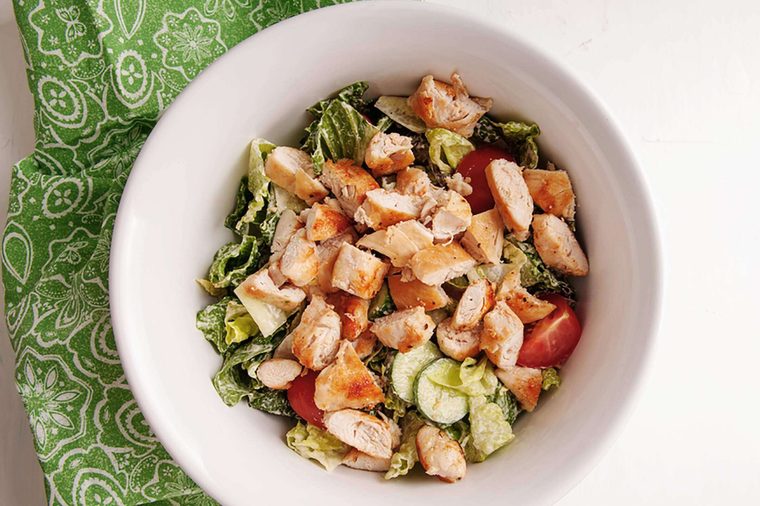
Keto diet
The goal of a keto diet is to force your body to burn fat for energy. To get there, you have to get at least 70 percent of your calories from fat, and only about 5 to 10 percent from carbs; the remaining 20-25 percent are pure protein.
People following a ketogenic plan pass on dairy products, like milk and plain yogurt, because they naturally contain carbohydrates in the form of lactose (milk sugar). Instead, they eat higher fat dairy options, like cream cheese, which aren’t usually vitamin D-fortified.
If you’re following the keto diet, focus on eating oily fish and eggs to meet your vitamin D needs. The keto diet encourages you to eat whole eggs because of the fat content in the yolk, and that’s also where the vitamin D is stored.
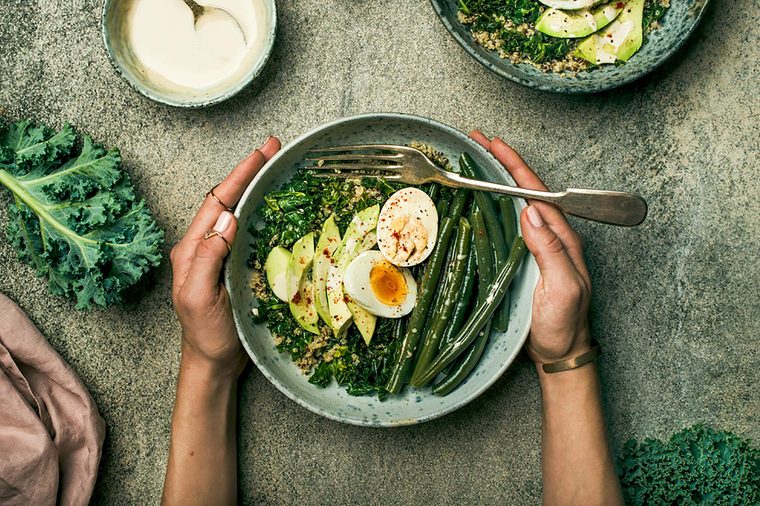
Whole 30
The Whole 30 diet asks you to commit to 30 days of eating whole foods such as vegetables, meat, eggs, fish, nuts, and some fruit, while cutting out all processed foods, grains, dairy products, and legumes.
Similar to paleo and the keto diet, the Whole 30 can put you at risk of vitamin D deficiency since it cuts out healthy dairy products like milk, yogurt, and kefir. Eating plenty of eggs and especially oily fish can help you keep up with your vitamin D needs. A 5-ounce serving of sockeye salmon can supply anywhere from 800 to 1,300 IU of vitamin D. Because vitamin D is fat soluble, your body is able to store it and save it for later. In other words, one serving of sockeye salmon can cover you for two days.
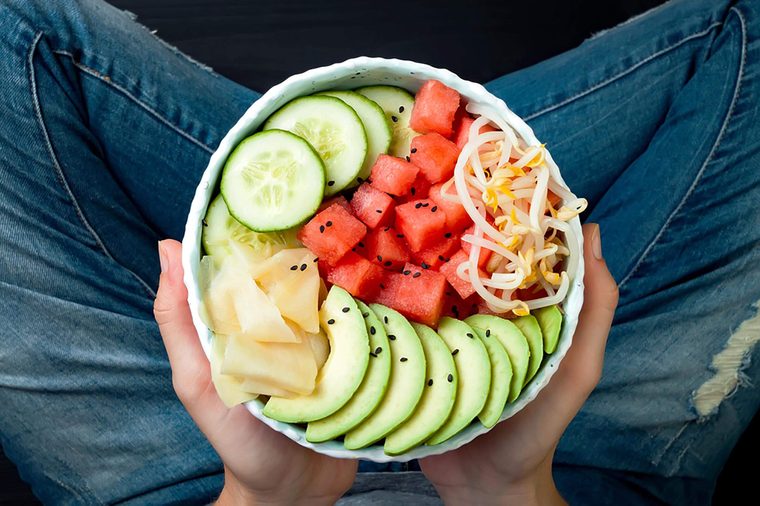
Raw food
A raw food diet is made up mostly or entirely of foods that have never been heated over about 105-115ºF. This usually overlaps with veganism, since following a raw diet clearly omits a lot of meat. Typically, raw-food dieters stick to fruits, vegetables, raw nuts and seeds, raw/sprouted grains and legumes, cold-pressed oils, and fermented foods.
If you’re not strictly raw vegan, you can get vitamin D from raw oily fish, roe, and cod liver oil (a tablespoon has 1,360 IU!). Otherwise, consider a vitamin D supplement.
